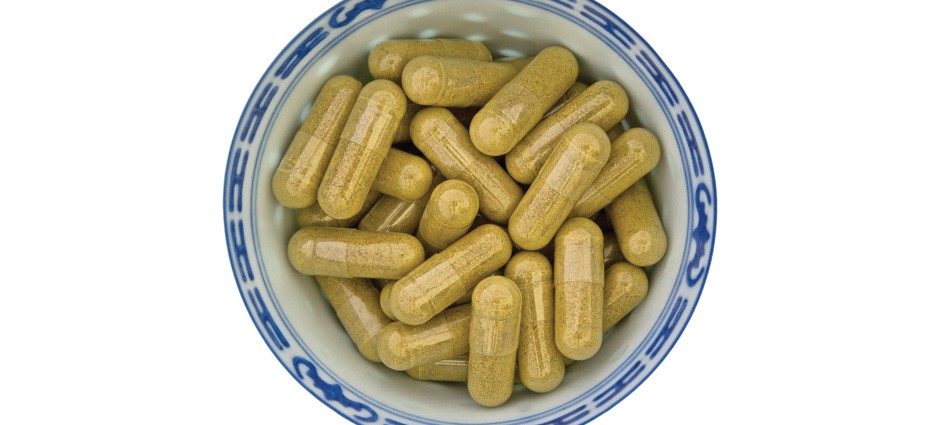› Health benefits
American Indians used goldenseal for skin disorders, ulcers, fevers and more. European settlers began to use the plant for medicinal purposes for a variety of conditions.
In present day, goldenseal is used for colds and other respiratory tract infections, allergic rhinitis, ulcers and digestive upsets (diarrhea and constipation). It is also used as a mouthwash for sore gums, as an eyewash for inflammation, and is applied to the skin for rashes and other skin issues.
Not a lot of research has been done on the effectiveness of goldenseal for health, and the evidence that does exist does not support the usage of the plant for any health purposes.
Berberine, which is a substance found in goldenseal, has been studied for heart failure, diarrhea, infections and more. However, when goldenseal is taken orally, very little berberine may be absorbed into the body or enter the bloodstream, so study results on berberine may not apply to goldenseal.
› How much do I need?
The dosage varies depending on age and what it is being used for. Be sure to follow relevant directions on product labels, and consult your pharmacist, physician or other healthcare professional before using.
There isn’t much information on the safety of consuming goldenseal. Women who are pregnant or breastfeeding should not use goldenseal, and it should not be given to infants. Berberine can cause or worsen jaundice in newborns and could lead to a life-threatening problem called kernicterus.
› Dietary supplements
Goldenseal roots are dried and used to make teas, extracts, tablets or capsules. Goldenseal can also be combined with echinacea.
Source: National Center for Complementary and Integrative Health
Please consult your health care provider before making changes to your vitamin/supplement regimen.


